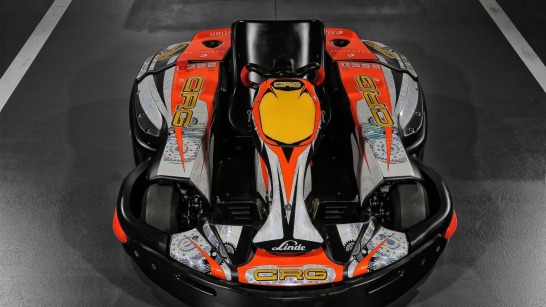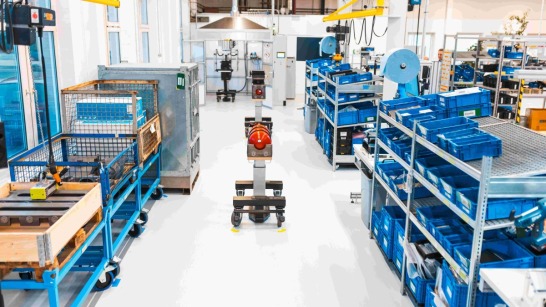_image_546x307.jpg)
Into the future with lithium-ion forklifts
The pet food manufacturer saturn petcare from Hattern in the Netherlands is taking the next important step towards sustainability with KION. When renewing its intralogistics fleet, all vehicles were equipped with lithium-ion batteries. A step that fits in perfectly with the company's philosophy.
2024-02-14
_image_546x307.jpg)
_image_546x307.jpg)
_image_546x307.jpg)

